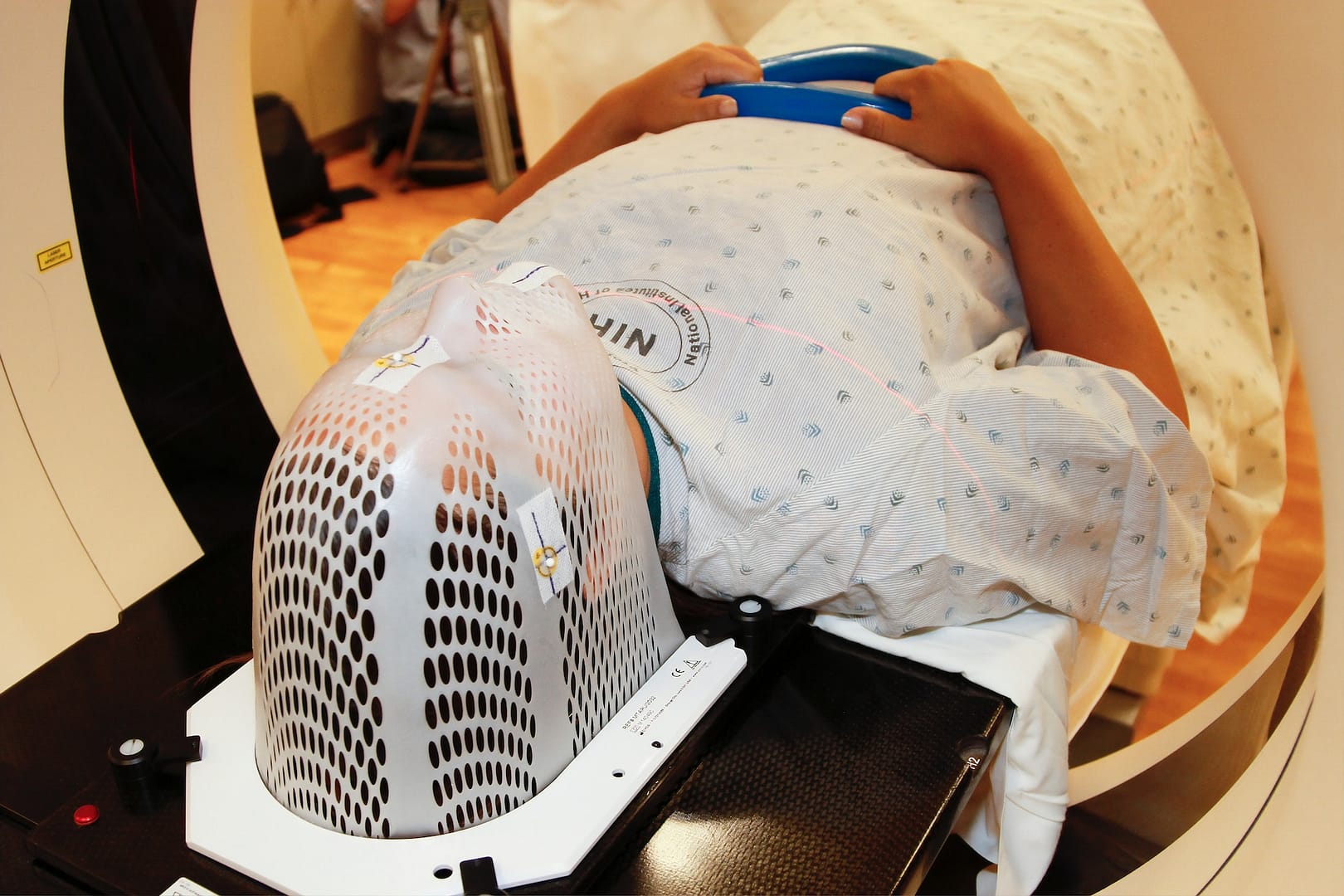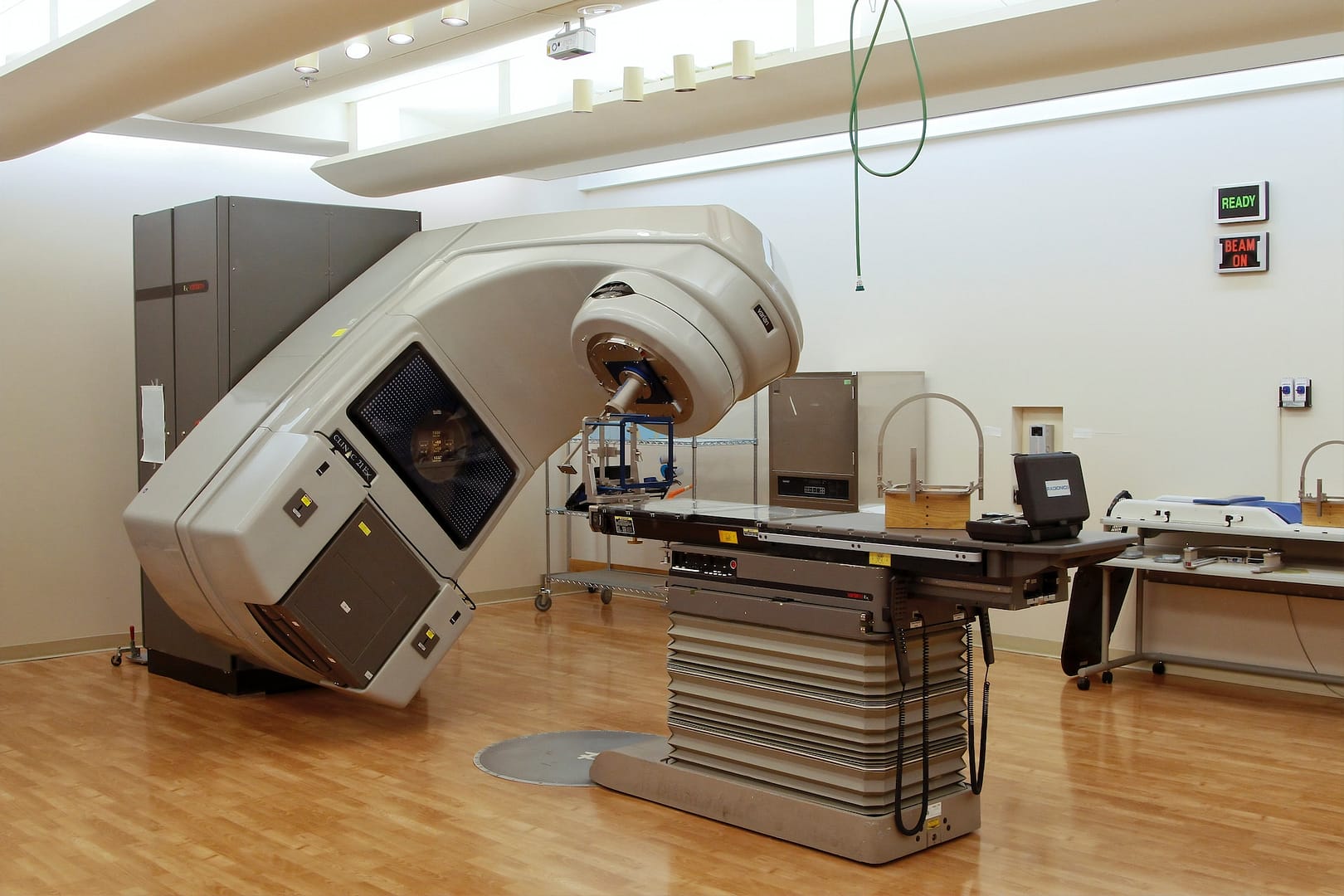When it comes to addressing the intricate and often mystifying realm of brain injuries, one question frequently looms large: What is the best way to diagnose a brain injury? This query is not just a matter of medical intrigue; it holds a pivotal role in determining the course of treatment, prognosis, and overall quality of life for individuals affected by brain injuries.
In this article, we will delve into the various techniques employed in the accurate diagnosis of brain injuries, shedding light on the methods of brain injury research that have evolved over the years. From advanced imaging technologies to clinical assessments, we will explore the arsenal of tools available to healthcare professionals in their quest to provide precise diagnoses and effective treatments for brain injuries. We will highlight the best way to start a claim for your serious injury.
The Complexity of Brain Injury Diagnosis
Diagnosing brain injuries can be a formidable challenge, primarily because of the intricate and concealed nature of the brain itself. Unlike external injuries that are visible and readily apparent, such as a broken bone or a cut, brain injuries often lurk beneath the surface, concealed by the skull’s protective shield. To complicate matters, the symptoms of brain injuries can vary widely, ranging from subtle cognitive impairments to severe physical disabilities or even comatose states.
In the quest for accurate brain injury diagnosis, healthcare professionals employ an array of techniques and approaches, each tailored to the unique circumstances of the patient. These methods have evolved and improved over the years, thanks to ongoing research and technological advancements.
Brain Injury Brain Scans Explained: CT, MRI, & More
One of the most crucial tools in the arsenal of brain injury diagnosis is medical imaging. Radiological techniques such as computed tomography (CT) scans and magnetic resonance imaging (MRI) have revolutionised the field of neurology. These techniques provide detailed images of the brain’s internal structures, allowing healthcare professionals to identify abnormalities, injuries, and pathological changes with exceptional precision.
Computed Tomography (CT) Scans
CT scans involve the use of X-rays and specialised computer software to generate cross-sectional images of the brain. These images provide valuable information about the brain’s structure, including the presence of haemorrhages, tumours, fractures, or other abnormalities. CT scans are particularly useful in emergency situations when swift diagnosis is critical, such as in cases of traumatic brain injury (TBI) resulting from accidents or falls.
Magnetic Resonance Imaging (MRI)
MRI, on the other hand, utilises powerful magnets and radio waves to create detailed images of the brain’s soft tissues. Unlike CT scans, MRI does not expose patients to ionising radiation, making it a safer option for repeated imaging. MRI is exceptionally adept at detecting subtle changes in brain tissue, making it an invaluable tool for diagnosing conditions like multiple sclerosis, brain tumours, or the long-term effects of TBI.
The Art of Neurological Assessment
In addition to sophisticated imaging technologies, healthcare professionals rely on neurological assessments to diagnose brain injuries accurately. These assessments involve a series of tests and evaluations that gauge a patient’s cognitive, motor, and sensory functions. While they may lack the visual impact of brain scans, these assessments are fundamental in understanding the extent and impact of a brain injury.
Glasgow Coma Scale (GCS)
The Glasgow Coma Scale is a widely-used neurological assessment tool that helps determine the level of consciousness in patients with brain injuries. It assesses three key parameters: eye opening, verbal response, and motor response. Each parameter is scored on a scale, and the sum of these scores indicates the patient’s overall level of consciousness. This information is invaluable in determining the severity of a brain injury and guiding treatment decisions.
Mini-Mental State Examination (MMSE)
The Mini-Mental State Examination is a brief yet comprehensive test used to assess a patient’s cognitive function. It evaluates various aspects of cognitive abilities, including memory, attention, and language skills. The MMSE is particularly useful in diagnosing conditions such as dementia or cognitive impairments resulting from brain injuries.
The Evolving Role of Biomarkers
In recent years, the field of brain injury diagnosis has witnessed a shift toward the use of biomarkers – biological molecules that indicate the presence of injury or disease. These biomarkers can be found in various bodily fluids, including blood and cerebrospinal fluid (CSF), and can provide valuable insights into the nature and extent of a brain injury.
S100B Protein: What It Means for Brain Injury
One notable biomarker in brain injury diagnosis is the S100B protein. This protein is released into the bloodstream following brain injury, and its levels can be measured through a simple blood test. Elevated S100B levels are indicative of brain damage, making it a useful tool for assessing the severity of traumatic brain injuries, particularly in cases where imaging results are inconclusive.
Tau Protein: Its Role in Brain Injury Diagnosis
Another promising biomarker is tau protein, which is associated with neurodegenerative conditions like Alzheimer’s disease and chronic traumatic encephalopathy (CTE). Researchers have linked elevated tau protein levels in CSF to brain injury and neurodegeneration. This biomarker holds promise for earlier and more accurate diagnoses.
Neuropsychological Testing: Uncovering Cognitive Deficits
While brain scans and biomarkers offer critical insights into the physical aspects of brain injuries, neuropsychological testing focuses on the cognitive and psychological impact of these injuries. These tests are designed to assess a patient’s cognitive functioning, including memory, attention, and problem-solving skills.
Trails Making Test: Assessing Brain Injury Effects
The Trails Making Test is a neuropsychological assessment that measures a person’s cognitive flexibility and processing speed. It involves connecting a series of numbered circles in a specific order. This test can help identify deficits in executive functioning, which are common in individuals with brain injuries.
Wisconsin Card Sorting Test: Evaluating Cognitive Impact of Brain Injury
The Wisconsin Card Sorting Test assesses a person’s ability to adapt to changing rules and problem-solving strategies. It involves categorising cards based on shifting criteria. Impairments in this test may indicate frontal lobe dysfunction, a common consequence of brain injuries.
Making a Serious Injury Claim with National Claims
At National Claims, we understand the profound impact that brain injuries can have on individuals and their families. Accurate diagnosis is just the first step in the journey towards recovery. If you or a loved one has suffered a brain injury due to the negligence of another party, it is essential to explore your legal options. Making a serious injury claim with National Claims can help you seek the compensation you deserve to cover medical expenses, rehabilitation costs, and the emotional toll of a brain injury.
Why Choose National Claims for Brain Injury Cases
Expertise: Our claims specialists have a deep understanding of brain injury cases and the unique challenges they present. We have successfully represented numerous clients in similar situations, and our experience sets us apart.
Compassion: We recognise the emotional and physical toll that brain injuries can take on individuals and their families. Our team is committed to providing empathetic and supportive guidance throughout the legal process.
Resources: National Claims has access to a network of medical experts and professionals who can provide expert testimony to strengthen your case. We leave no stone unturned in building a compelling argument for your claim.
Proven Track Record: Our firm has a history of securing substantial compensation for brain injury victims. We are dedicated to helping you obtain the financial resources needed to cope with the challenges ahead.
Taking Legal Action for Your Brain Injury
If you believe that your brain injury resulted from someone else’s negligence, taking legal action may be necessary to secure your future. It is important to act promptly, as there are time limits for filing personal injury claims. National Claims will guide you through the claims process, providing clarity and support every step of the way.
Our panel of solicitors will help you:
Evaluate Your Case: We will assess the details of your injury and determine if you have a viable claim.
Gather Evidence: We will work to gather evidence that establishes liability and demonstrates the extent of your injuries.

Conclusion
In the intricate landscape of brain injury diagnosis, the pursuit of accuracy and effectiveness is paramount. From cutting-edge imaging technologies to comprehensive neurological assessments and the emerging promise of biomarkers, the tools at our disposal continue to evolve. These techniques empower healthcare professionals to unravel the mysteries of brain injuries and provide the best possible care for patients.
At National Claims, we extend our commitment to excellence in assisting individuals who have suffered brain injuries due to the negligence of others. We recognise that accurate diagnosis is only the beginning of the journey. If you find yourself facing the challenges of a brain injury, our dedicated panel of solicitors is here to provide compassionate and expert legal support. We will work tirelessly to secure the compensation you need to move forward and regain control of your life after a brain injury. Your well-being is our priority, and we are ready to stand by your side throughout the legal process.
Contact us to start your claim today with the help of one of our claims specialists.
Click below to see why we are one of the most trusted claims management companies in the UK.

We’re proud of our excellent customer reviews
We thrive on delivering exceptional service and ensuring our clients’ satisfaction. Don’t just take our word for it. Check out some of our independent reviews to see what our clients have to say.
Excellent

This firm is excellent, they sorted out my car pay out and injury claim very fast, they always communicate with you all the time.

My accident case was dealt with confidence and with great result of the outcome, especially James kept me informed all the time.

I was very impressed at the way my inquiry was treated. I was listened to attentively and everything I needed to know was explained to me.






